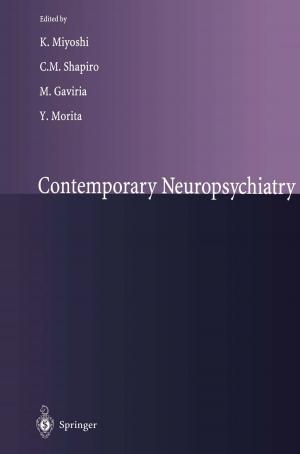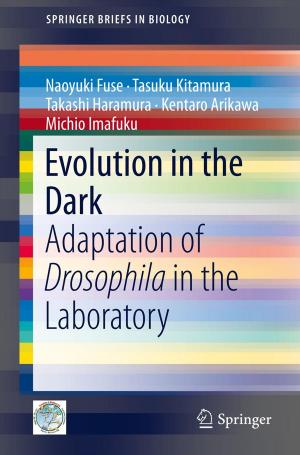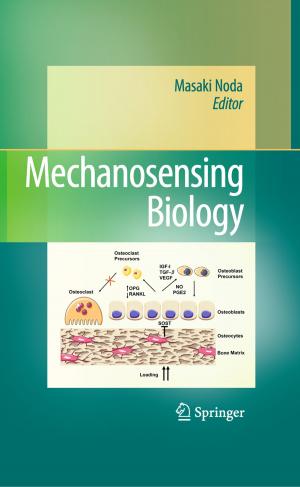Coronary Angioscopy
Nonfiction, Health & Well Being, Medical, Specialties, Internal Medicine, Cardiology, General| Author: | ISBN: | 9784431555469 | |
| Publisher: | Springer Japan | Publication: | July 3, 2015 |
| Imprint: | Springer | Language: | English |
| Author: | |
| ISBN: | 9784431555469 |
| Publisher: | Springer Japan |
| Publication: | July 3, 2015 |
| Imprint: | Springer |
| Language: | English |
This book presents a thorough review of coronary angioscopy, ranging from instructions on its use to the latest advances. Starting with the structure and fundamental principles of angioscopy, it shows readers how to apply the image to comprehensive care of coronary-artery patients. Plentiful color photos and illustrations will enable readers to investigate and classify plaques and thrombi and to evaluate coronary stent- and drug-based therapies. The authors are leading researchers on angioscopy. This book offers the perfect guide not only for new clinicians but also for cardiologists who have already adopted this technique for medical examination and treatment. Angioscopy is a unique medical technique for visualizing the interior of blood vessels and helps physicians not only to diagnose the pathology but also to measure the effectiveness of Percutaneous coronary intervention (PCI) or antiarteriosclerotic drugs. Furthermore, the recently developed molecular angioscopy approach allows us to observe Low-density lipoprotein (LDL) oxide, collagen, and macrophages, and is rapidly growing in importance.
This book presents a thorough review of coronary angioscopy, ranging from instructions on its use to the latest advances. Starting with the structure and fundamental principles of angioscopy, it shows readers how to apply the image to comprehensive care of coronary-artery patients. Plentiful color photos and illustrations will enable readers to investigate and classify plaques and thrombi and to evaluate coronary stent- and drug-based therapies. The authors are leading researchers on angioscopy. This book offers the perfect guide not only for new clinicians but also for cardiologists who have already adopted this technique for medical examination and treatment. Angioscopy is a unique medical technique for visualizing the interior of blood vessels and helps physicians not only to diagnose the pathology but also to measure the effectiveness of Percutaneous coronary intervention (PCI) or antiarteriosclerotic drugs. Furthermore, the recently developed molecular angioscopy approach allows us to observe Low-density lipoprotein (LDL) oxide, collagen, and macrophages, and is rapidly growing in importance.















